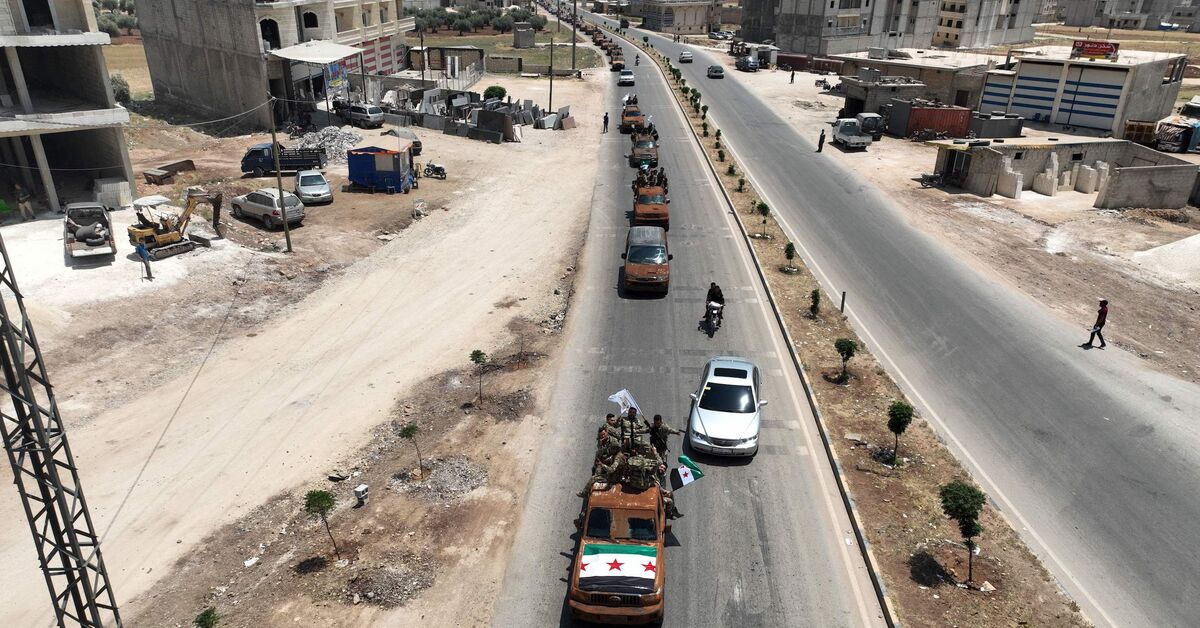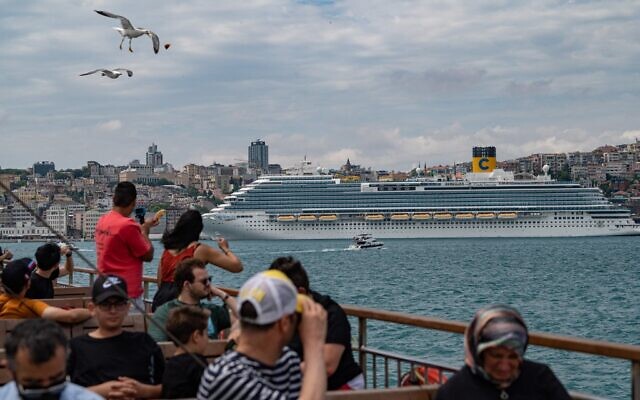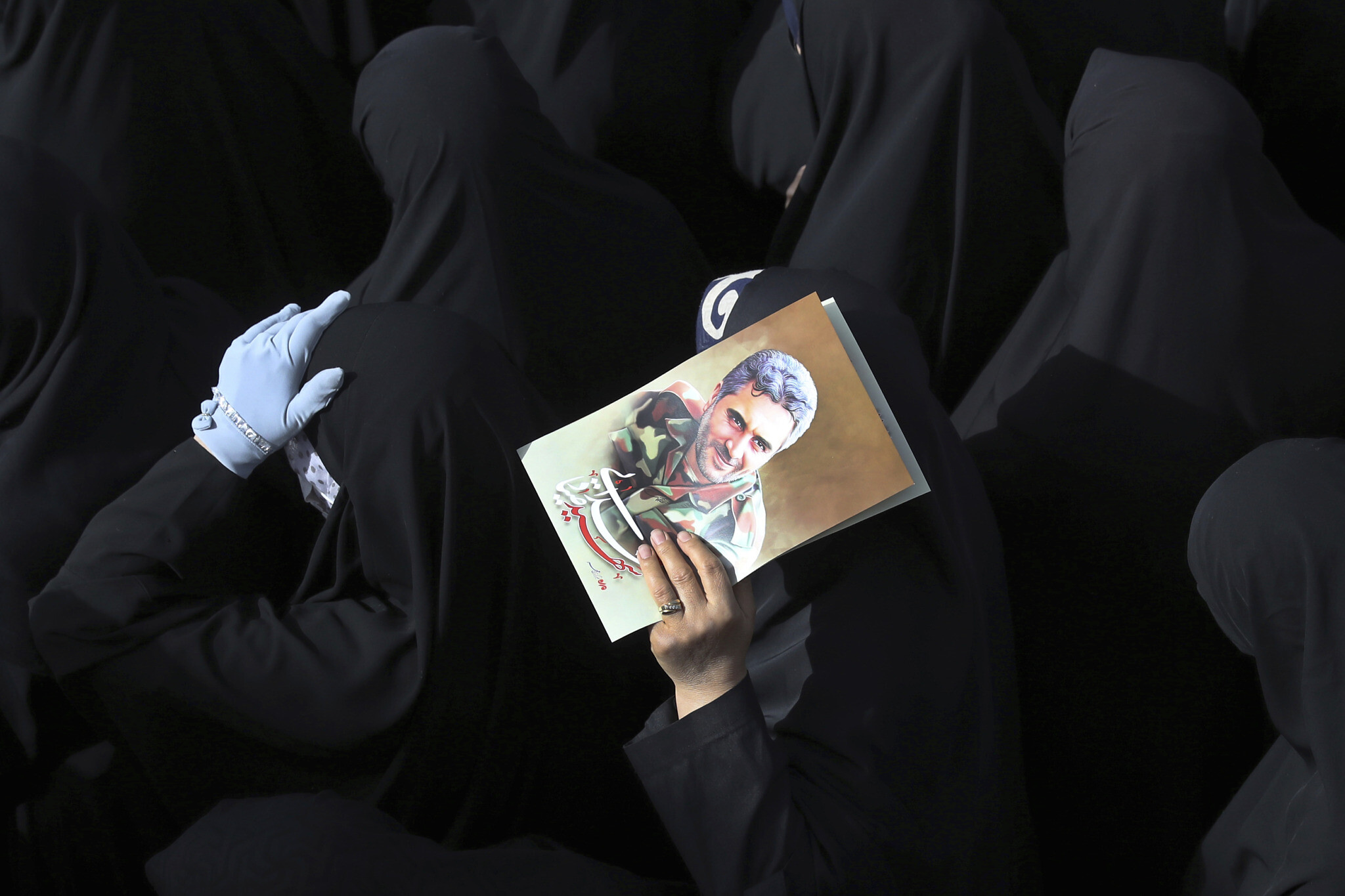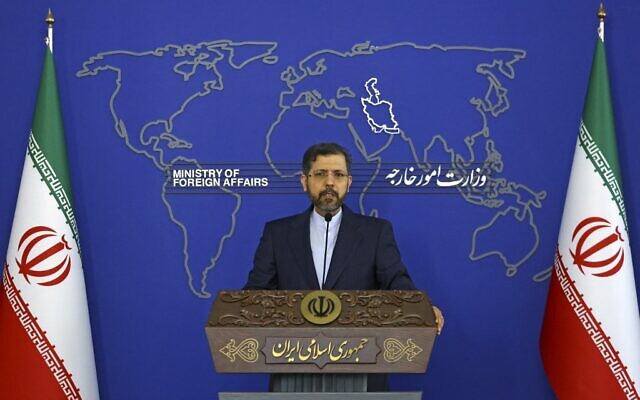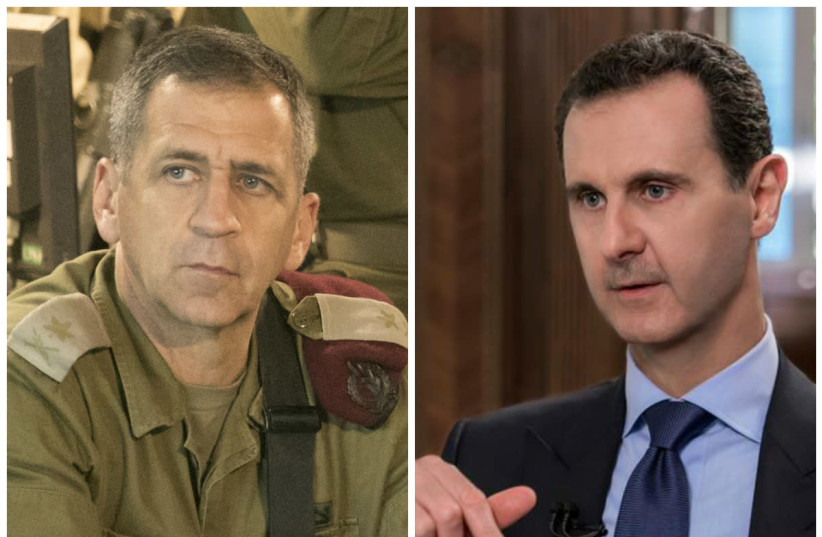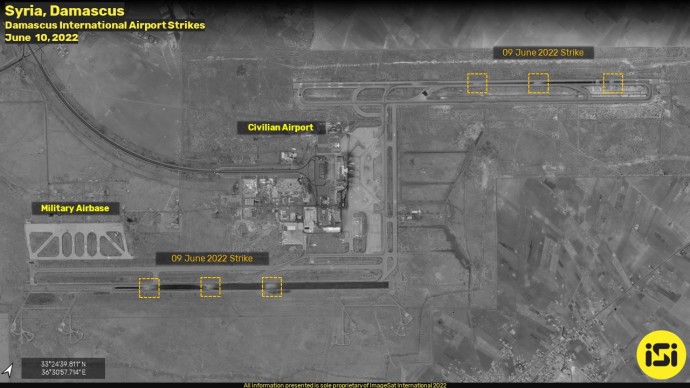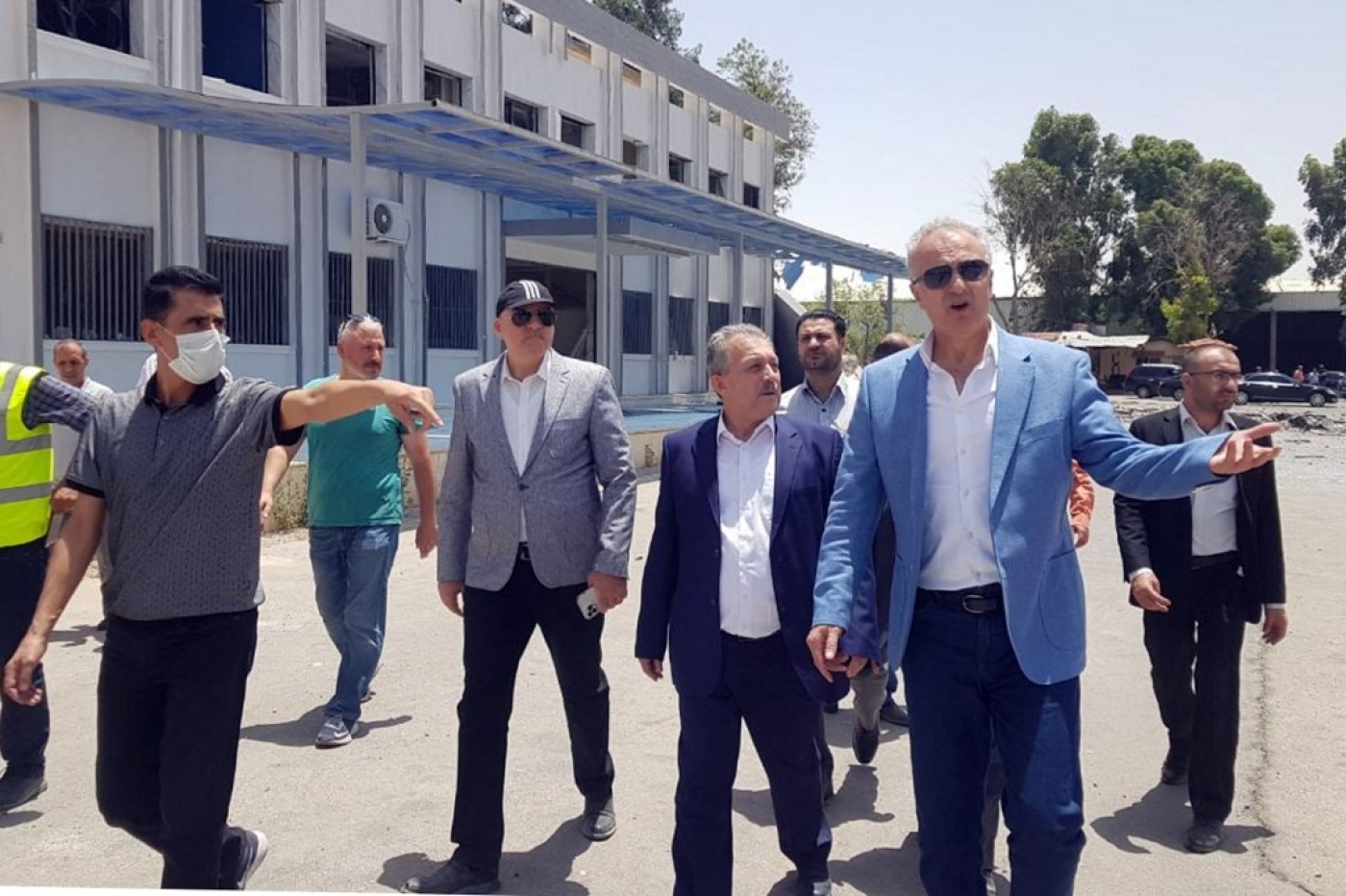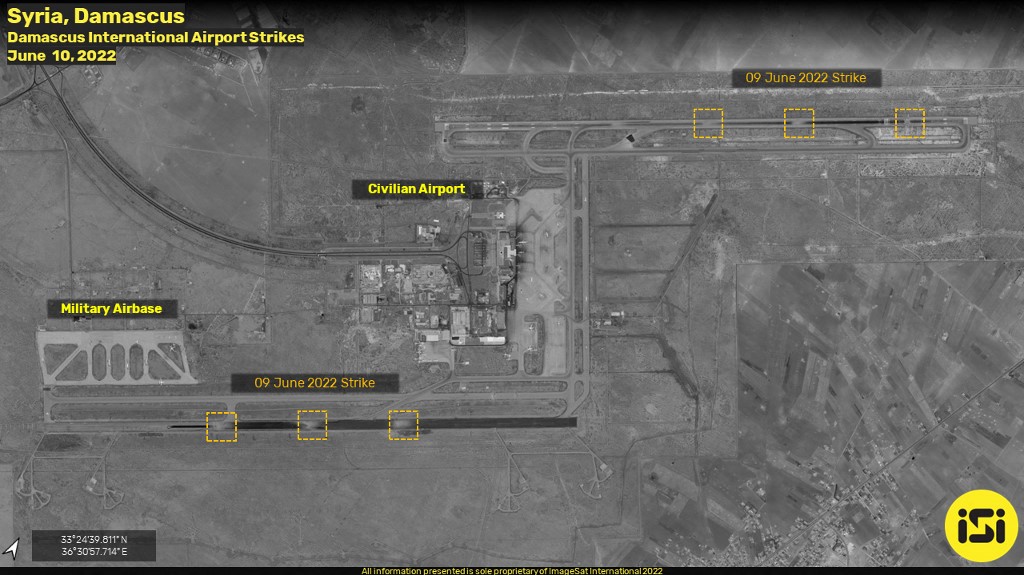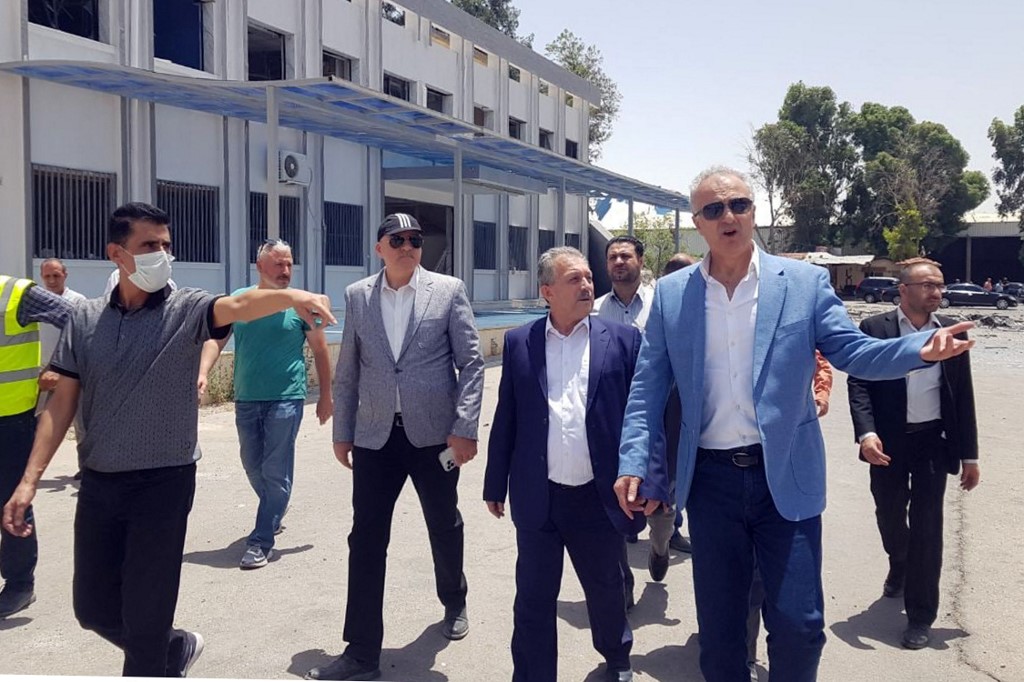Israelis in Istanbul were whisked away as Iranian assassins waited at hotel — report
Tourists warned of immediate threat while out shopping and rushed to airport, report says; Turkish intelligence nabs several Iranians suspected of being IRGC operatives
By
TOI staff Today, 12:41 am
People walk next to Taksim mosque as the sun sets during the first day of the Muslim holy fasting month of Ramadan, in Istanbul, Turkey, Saturday, April 2, 2022. (AP/Francisco Seco)
Several Israelis visiting Istanbul were reportedly whisked out of Turkey last week by Israeli security officials, who were acting on intelligence showing that the visitors were at immediate risk from Iranian assassins.
One woman out visiting a market got a call from a senior Israeli official telling her to not return to her hotel because Iranian assassins were waiting there for her and her spouse, Channel 13 reported Monday.
Instead, a caravan with some 10 Israeli security officers took the couple to the airport, leaving their stuff in the hotel, and then to Israel, where they were probed for clues about the plot against them, the network said.
No further details about the couple were revealed, including whether they were individually targeted for a specific reason or if they were only threatened due to being Israeli. It also was not clear how many people were contacted and told to leave immediately.
According to Channel 13, the government waited until Monday to warn the rest of the public about the imminent threat against Israelis in Turkey out of consideration for local authorities there, who wanted time to deal with the situation. Israel on Monday
issued its most severe travel warning for Istanbul over attempts by Iran to attack Israeli travelers.
Tensions between Israel and Iran have heated in recent weeks, after the assassination of an Iranian officer in Tehran last month, airstrikes against Iran-linked targets in Syria, threatening rhetoric from Iranian leaders and Iran’s increasing violations of nuclear agreements.
Two weeks ago, Channel 12 reported that Israeli security officials called and directly warned more than 100 Israeli citizens in Turkey that they were in Iran’s crosshairs, asking them to return home.
Israel is not currently planning on sending rescue flights for Israelis in Turkey, and many in the country are not planning on fleeing anyway, Channel 13 said. Flight cancellations for those planning trips, however, are starting to pile up.
Despite the warnings, the Walla news site reported that 21 flights with 3,750 passengers departed Israel for Turkey on Monday. Some may be transferring through Turkey; Israeli authorities have said it is still safe for Israelis to have a layover in Istanbul, as long as they stay in the airport.
For those who are canceling flights, Tourism Minister Yoel Rozvozov has asked airlines to refund Israelis who are heeding the warning.
Bystanders watch a Costa Venezia cruise ship in Galataport Istanbul, on June 06, 2022. (Yasin AKGUL / AFP)
Separately, the Ynet news site reported on Monday that Turkey’s National Intelligence Organization (MIT) recently arrested Iranian agents who were planning on carrying out a shooting and kidnapping attack against Israeli tourists in Turkey.
The report did not cite a source, but an Israeli security official told Reuters that Turkey has arrested several people suspected of being operatives of Iran’s Islamic Revolutionary Guard Corps. Ynet said there may be additional Iranian agents at large and that authorities’ pursuit of them has not ended.
Turkish officials and the Iranian embassy in Ankara did not immediately respond to requests for comment.
Israel’s National Security Council on Monday raised the warning for Istanbul to level 4, the highest, meaning Israelis are explicitly told not to visit an area and to leave if they are already there. Countries with the level 4 “high threat” warning include Iraq, Yemen, Afghanistan, and Iran.
The authority said it raised the warning level amid “the continuing threat and amid the escalation of Iranian intentions to harm Israelis in Turkey, with an emphasis on Istanbul.” Other parts of Turkey remained at a level 3 warning, with recommendations to avoid visiting the country for nonessential reasons.
Foreign Minister Yair Lapid called on Israelis in Turkey to return immediately and for citizens to cancel travel plans to the country.
Lapid’s instruction at the beginning of a faction meeting of his Yesh Atid party came after
reports on Sunday said Israeli and Turkish security agencies had foiled an Iranian plot to kidnap Israeli tourists in Turkey last month.
Israeli security officials reportedly tipped off their Turkish counterparts about the plan and asked that they take action to thwart the attack. Hebrew media reports, citing unnamed senior Israeli sources, did not specify the nationality of the alleged agents for Iran, how many were involved, or if any arrests had been made.
Channel 12 said Monday evening that “there are still Iranian cells in the area” and “ongoing cooperation between the Mossad and the Turkish [security agencies], impressive cooperation, to thwart this series of [potential] attacks.” The unsourced report also said there had been an unspecified number of arrests.
The National Security Council revised its travel warning for Turkey last month to level 3, saying there was a concrete threat to Israelis from “Iranian terrorist operatives” there and in nearby countries.
That warning followed the assassination of a senior officer in the Islamic Revolutionary Guard Corps, Col. Hassan Sayyad Khodaei, which Iran blamed on Israel.
Mourners attend the funeral ceremony of Iran’s Revolutionary Guard Col. Hassan Sayyad Khodaei, shown in the poster, who was killed on Sunday, in Tehran, Iran, May 24, 2022. (Vahid Salemi/AP)
Khodaei was shot five times in his car by two unidentified gunmen on motorbikes in the middle of Tehran on May 22. He reportedly was involved in killings and abductions outside of Iran, including attempts to target Israelis.
While Israeli diplomatic missions have been on alert, expecting Iran to seek revenge for the assassination, Kan reported that the attempted Iranian action in Turkey took place before the officer’s killing.
Shortly before Lapid delivered his remarks on Monday, an Iranian foreign ministry spokesman
said that any “response” the Islamic Republic would make against Israel would take place inside Israel.
“If we will want to respond to Israel’s activities, our answer will be given in its place and not in a third country,” Saeed Khatibzadeh said.
Iran’s foreign ministry spokesman Saeed Khatibzadeh speaks during a press conference in Tehran, on March 14, 2022 (AFP)
Iranian government spokesman Ali Bahadori Jahromi told the semi-official Iranian Tasnim news agency on Monday that Iran “will take whatever retaliatory measure necessary in response to any external action by [the Israeli] regime.”
Since Khodaei was killed, another officer in the Quds Force — which oversees the IRGC’s overseas operations — has died in unclear circumstances, as have an engineer at a military site and two scientists one of whom was reportedly involved in developing missiles and drones. Iran suspects Israel killed the two scientists by poisoning their food,
according to a Monday report.
According to Channel 12, Israel believes the Iranians have an increased motivation to launch attacks on Israeli targets at the moment, with the IRGC seeking to restore deterrence both within its borders and overseas.
Israelis in Istanbul were whisked away as Iranian assassins waited at hotel — report


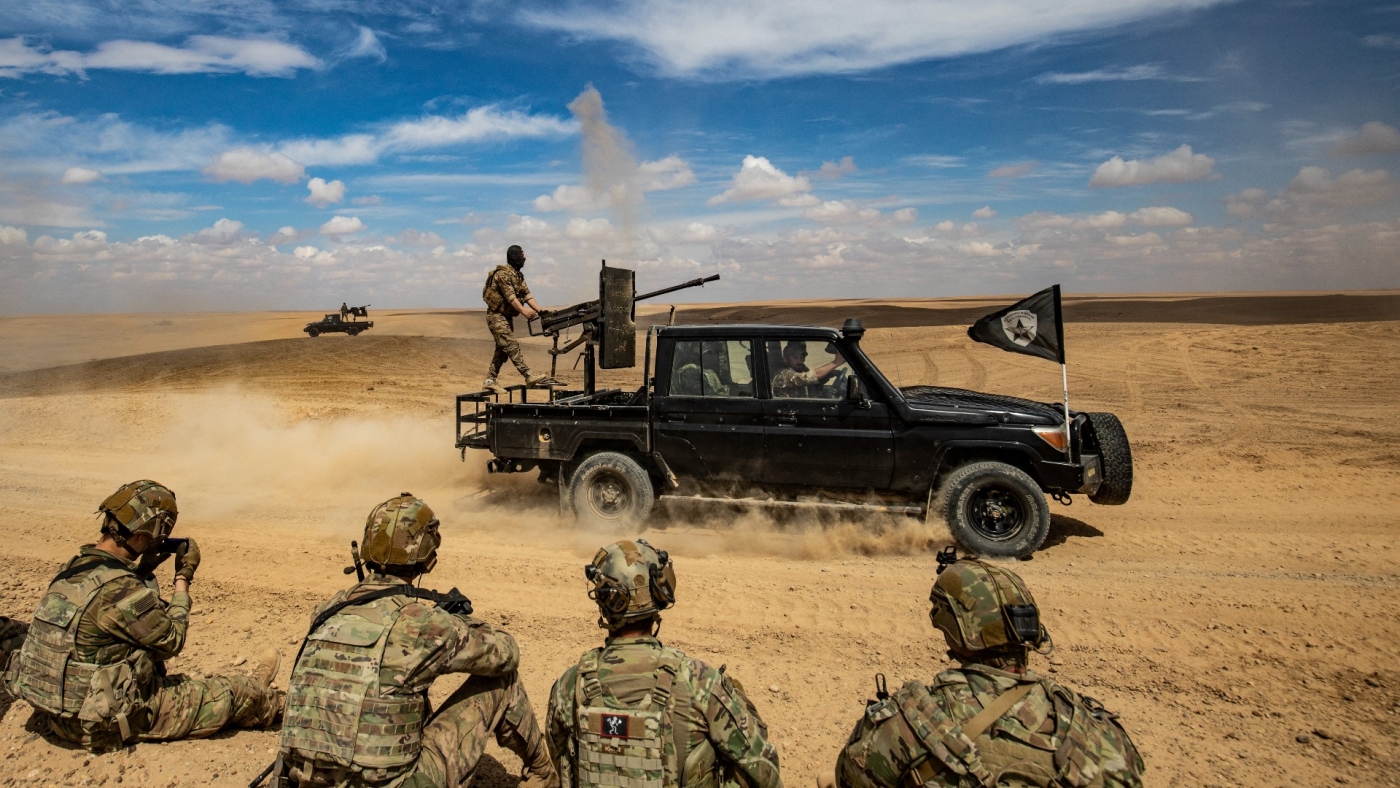

 elevated alert for Iranian revenge attack continues.
elevated alert for Iranian revenge attack continues.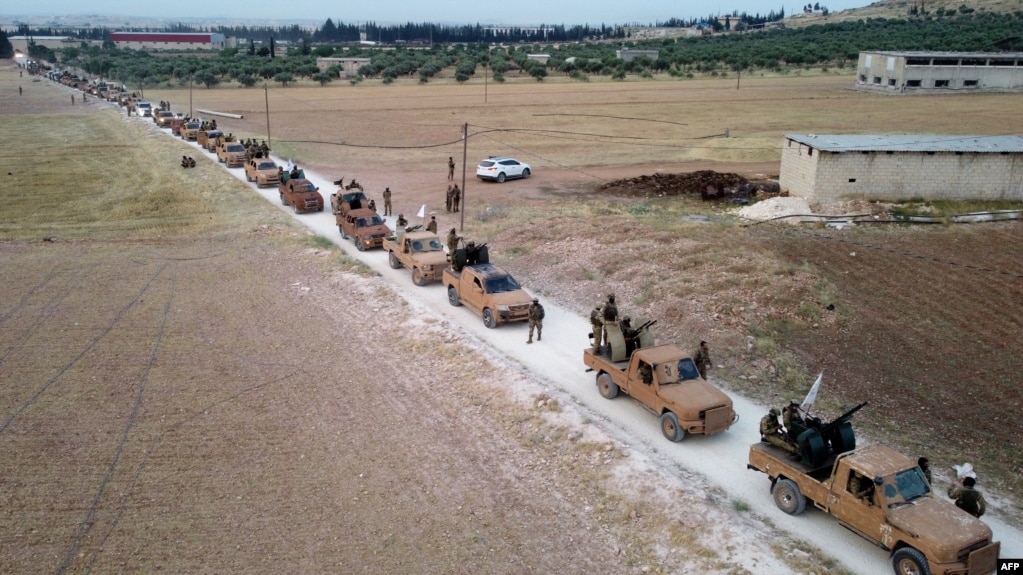
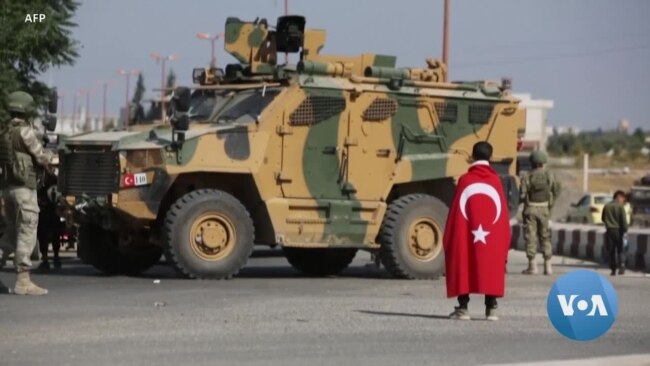
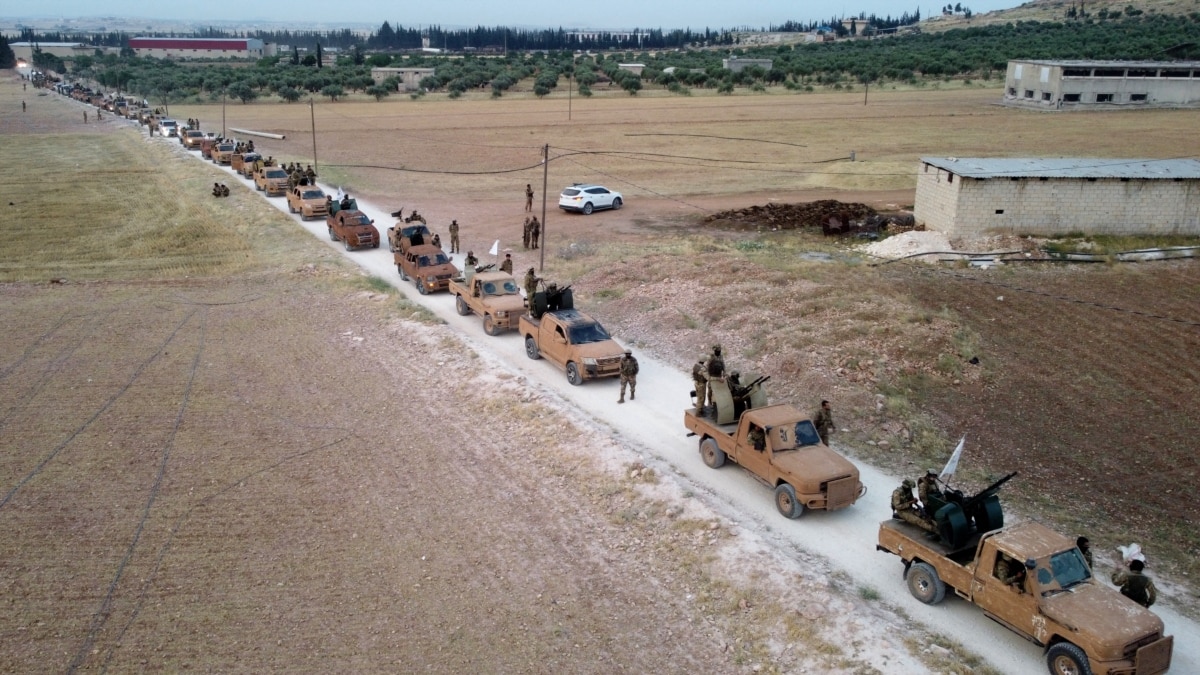





 Wladimir van Wilgenburg
Wladimir van Wilgenburg 